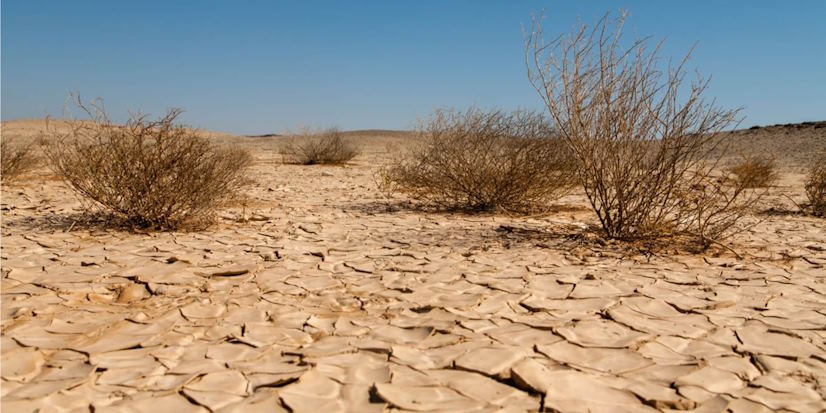Environmental degradation, driven by factors such as industrialization, deforestation, pollution, and climate change, has far-reaching consequences for the economies of developing nations. While these countries strive for economic growth and development, the costs associated with environmental degradation can hinder their progress and pose significant challenges to sustainable development. Therefore, understanding the impact of environmental degradation on developing economies is crucial for devising effective strategies to address these issues and promote a harmonious balance between economic prosperity and environmental preservation.
Natural Resource Depletion
Many developing economies heavily rely on natural resources for their economic activities, including agriculture, mining, and energy production. However, unchecked resource exploitation can lead to depletion, resulting in long-term economic repercussions. Overfishing, unsustainable logging practices, and excessive extraction of minerals can diminish resource availability, affecting communities’ livelihoods and hampering economic growth.
Loss of Ecosystem Services
Ecosystems provide services essential for economic activities and human well-being, including water purification, pollination, climate regulation, and soil fertility. Environmental degradation, such as deforestation and habitat destruction, can disrupt these ecosystem services, negatively impacting agriculture, tourism, and other sectors. Reduced agricultural productivity, water scarcity, and increased vulnerability to natural disasters are some of the consequences that can hinder economic development in these regions.

Public Health Costs
Environmental degradation can harm public health, imposing high costs on developing economies. Air and water pollution, inadequate sanitation, and exposure to toxic chemicals can contribute to the spread of diseases, increase healthcare expenses, and reduce workforce productivity. The burden of treating and mitigating the impacts of environmental pollution can divert resources away from other critical sectors, hindering economic progress.
Climate Change Vulnerability
Developing economies are often more vulnerable to the impacts of climate change, despite contributing less to global greenhouse gas emissions. Rising temperatures, changing rainfall patterns, and increased frequency of extreme weather events can disrupt agricultural productivity, damage infrastructure, and exacerbate food and water insecurity. The costs of adapting to and recovering from these climate-related impacts can strain national budgets and impede economic development.
Sustainable Development Opportunities
Addressing environmental degradation in developing economies presents opportunities for sustainable development. By adopting environmentally-friendly practices, such as renewable energy adoption, sustainable agriculture, and efficient resource management, countries can stimulate economic growth while minimizing negative environmental impacts. Investing in green technologies, promoting eco-tourism, and supporting sustainable industries can create new job opportunities, enhance resilience, and contribute to long-term economic prosperity.
In conclusion, environmental degradation poses significant challenges to the economies of developing nations. The negative impacts on natural resources, ecosystem services, public health, and climate vulnerability can hinder economic progress and undermine efforts toward sustainable development. However, by prioritizing environmental sustainability, adopting green technologies, and implementing sound environmental policies, developing economies can mitigate the collateral damage of environmental degradation and pave the way for inclusive and resilient economic growth.


